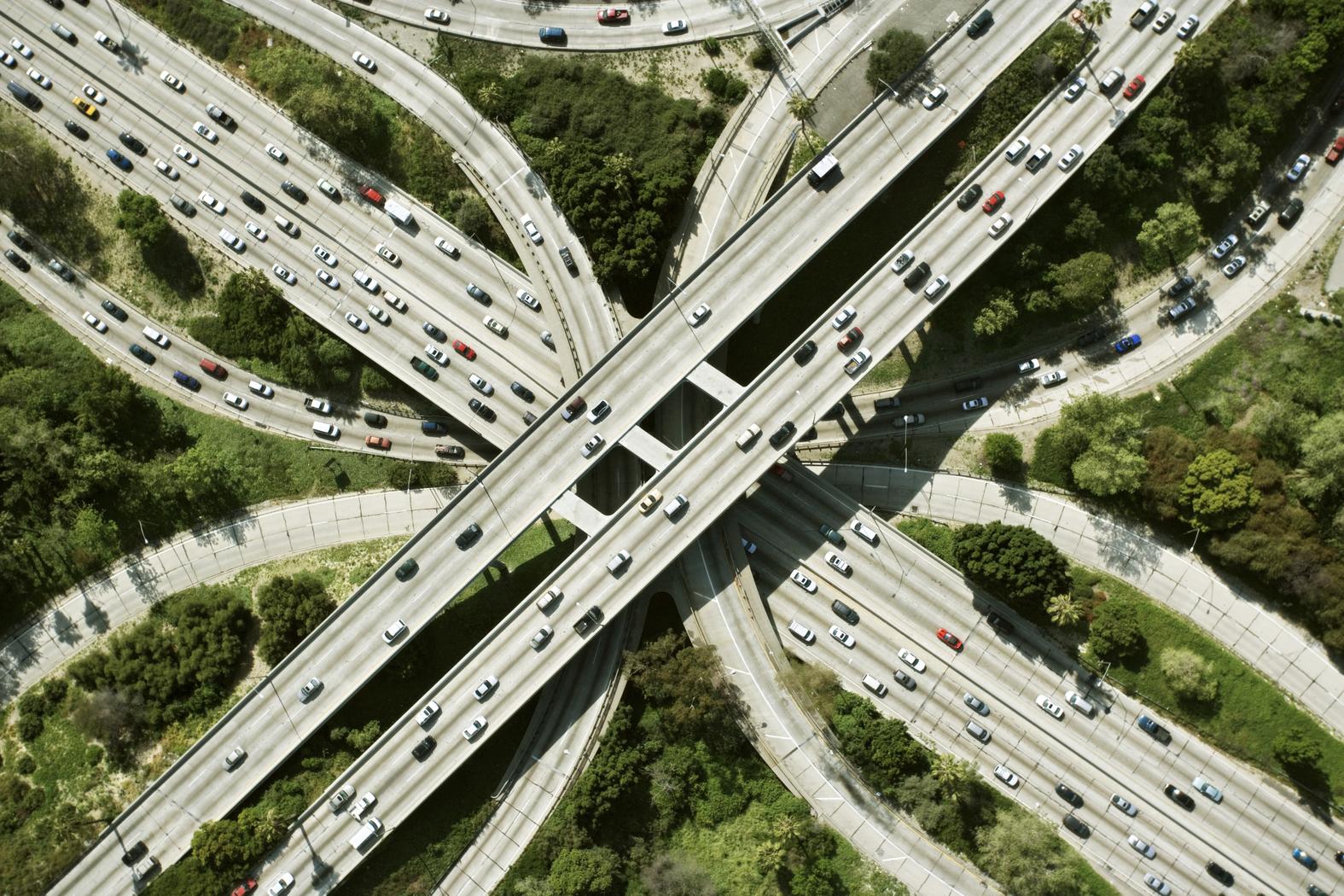Breaking News
- Flexible Remote Work Opportunity for University Students: Earn $100–$250 Per Month ...Read More
- Ministry of Education and Sports Azerbaijan Government Scholarships For 2025-2026 Academic Year ...Read More
- Government Sponsorship Undergraduate Admission Lists 2025-26 for Makerere University ...Read More
- Ministry of Education And Sports: Egyptian Government Scholarships 2025-2026 Academic Year ...Read More
- Ground Breaker Full Scholarship for girls to study Software Engineering 2025 July Intake ...Read More
- Tony Elumelu Foundation Entrepreneurship Programme (TEEP) 2025 for young African Entrepreneurs ...Read More
- DESIGNING FUTURES 2050 International Design Competition 2025 (€15,000 prize) ...Read More
- Ground Breaker Full time Scholarship for girls to study Software Engineering 2025 Intake ...Read More
- Ministry of Education And Sports Algerian Vocational Training Scholarships for 2024-2025 AY ...Read More
- Ministry of Education and Sports Advert for the Algerian Government Scholarships for 2024-2025 ...Read More
Transportation engineer
Transportation engineers work within the broader field of civil engineering and their job is to ensure the safety of public roads and transportation systems.
Add to FavouritesOn the job
Their work typically includes the design, construction and maintenance of various modes of transportation, and they can be employed on projects involving roads, railways, seaports and canals. They are usually employed by governmental agencies, but can also work for consulting companies that provide services to the government or for private firms that supply equipment and materials used in transportation.
Education
Transportation engineers typically have at least a bachelor's degree in civil engineering. They must be licensed by the state to be employed in the public sector.
Key Knowledge areas
Transportation engineers must have an excellent knowledge of physics, mechanics, thermodynamics, traffic control, and environmental issues. They must also be very familiar with how municipal infrastructure works.
Skills
Engineers must have good management and organizational skills, as well as the ability to solve complex problems. They must be good at communicating the specifics of design to contractors and other staff. Budgeting and time management skills are also essential to their line of work, as is the ability to work in a team.
Work duties
Transportation engineers will typically be involved in the design, development, construction and maintenance of roads or transport systems. Highway engineering will be a major focus throughout their career, due to the overt use of highways, and they will also be working on infrastructure design very often. Day to day duties will depend on the job level and vary from project to project, but transportation engineers will usually be creating plans, evaluating them, evaluating proposals drafted by other engineers, and making any necessary modifications. They will spend a lot of their time analyzing schematics and data, and making recommendations for traffic and driving policies. They will also frequently meet with contractors to discuss plans.
Transportation engineers' jobs entail developing new transportation systems or finding alternative routes to relieve congestion on existing roads and highways. They consider the costs and weigh them against the needs of the town or state, and they are responsible for determining whether the land is good for building or not. While planning the project, they will usually consider the impact it will have on the environment and address any issues should they arise.
Engineers will sometimes supervise the construction of roads and highways, and be the ones who select contractors after weighing their bids. They are responsible for ensuring that projects are completed on schedule and that they comply with all the relevant building and safety regulations.
Transportation engineers will also be responsible for designing means of transport and analyzing the effects they have on urban area. Their job will also include estimating budgets and calculating overall costs for any given project.


































































































